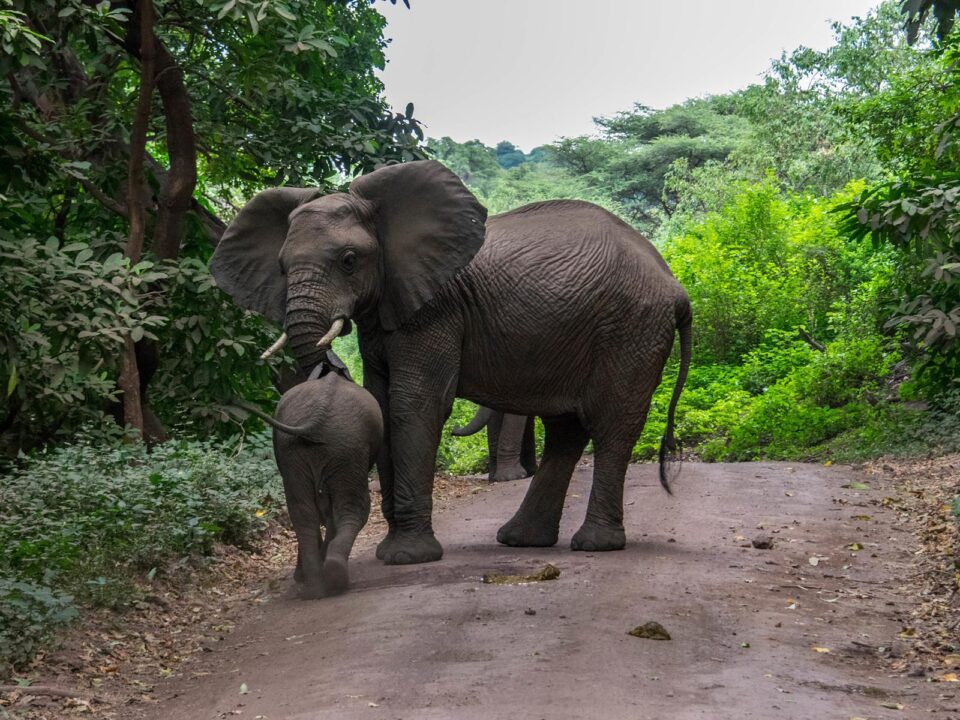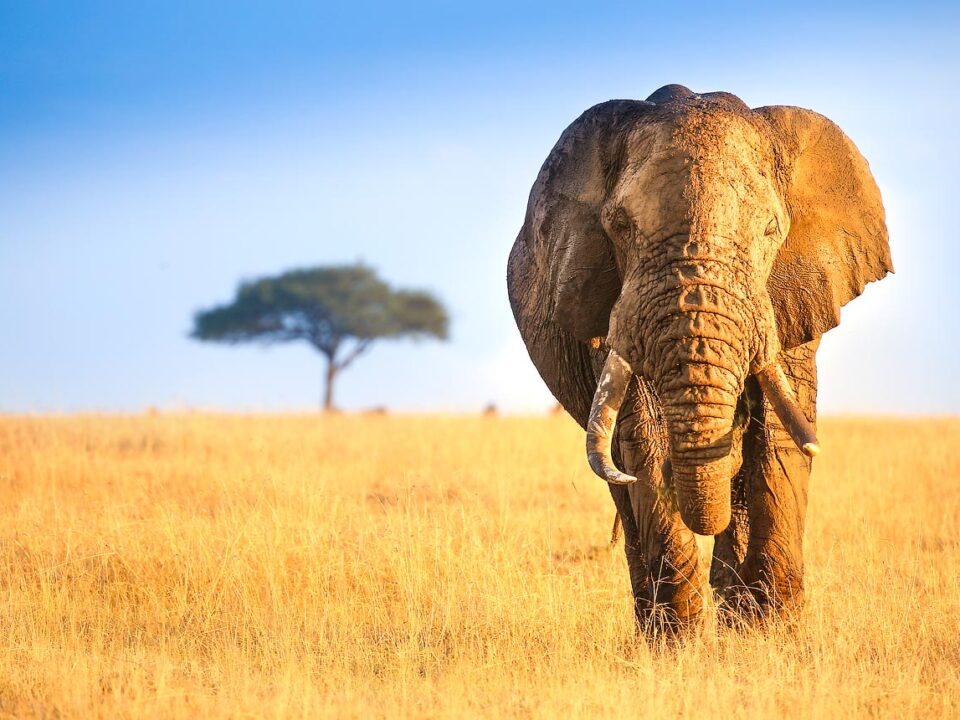Best Insect Repellent for East African Safari
- Home
- African Travel Blog
- Best Insect Repellent
- Best Insect Repellent for East African Safari
Best Insect Repellent for East African Safari – Defending Against Insect Menace
Embarking on a safari in East Africa, particularly in Uganda and Rwanda, demands strategic preparation, and one crucial aspect is safeguarding against the buzzing threat of insects. Africa’s rich biodiversity and captivating landscapes, hosting activities like gorilla trekking and wildebeest migration, also harbor an abundance of bugs, flies, mosquitoes, and Tsetse flies. To ensure an uninterrupted and enjoyable safari experience, we highly recommend carrying an effective insect repellent.
Choosing the Right Shield Against Insects
When venturing into the lush tropical forests for primate safaris, birding, or water sports, protecting your skin from insect bites becomes paramount. Among the widely trusted choices are DEET-based products such as Cutters, favored by travelers from the UK, America, and Europe. Alternatively, natural repellents like Citronella, Soybean oil, rosemary oil, and lemon eucalyptus are popular options. Nivera Blue Body lotion also earns recognition as an effective deterrent against insect bites.
Combatting Insect Threats in the Wild
The forested terrains pose potential threats from various insects like flies, mosquitoes, and Tsetse flies, which can carry infectious diseases. DEET-based products work well against mosquitoes and flies but may not be as effective against Tsetse flies. Additionally, the color of your clothing can influence the likelihood of insect encounters. Bright colors tend to attract insects, making dull-colored attire a recommended choice to minimize disturbances during your safari.
Recommended Insect Repellents: The Australian RID Advantage
For optimal protection against insect bites, the Australian RID stands out as a top-rated insect repellent. With roots dating back to the mid-1950s, RID has been a trusted companion for Australians. It combines high-quality DEET with a fly repellent and healing antiseptic components, effectively fending off mosquitoes and other biting insects. Whether you’re engaged in fishing, walking safaris, or hiking, RID safeguards against insect-related nuisances.
Clothing Choices for Safari Defense
Selecting the right attire is an additional line of defense against insect bites. For instance, Tsetse flies are attracted to blue and black clothing, making jeans and khaki recommended alternatives. During evening activities or dinners outdoors, avoiding bright-colored clothing, known to attract mosquitoes, is crucial. Wearing long trousers and shirts helps prevent mosquito bites and reduces the risk of malaria.
Insect Bite Prevention: A Holistic Approach
Beyond repellents and clothing choices, additional measures enhance insect bite prevention. RID -Insect Repellent, specifically tailored for safaris in Africa, offers defense against both mosquitoes and Tsetse flies. The reality of thick forests harboring dangerous insects emphasizes the importance of comprehensive prevention strategies.
Addressing Mosquito Threats and Disease Concerns
Malaria, primarily transmitted by female Anopheles mosquitoes, is a prevalent concern. While the risk of infection is low on safari, precautionary measures include using insect repellents, insecticide-treated mosquito nets, and insecticide sprays like Doom. Doom, an effective solution against various insects, ensures a peaceful night’s sleep during your stay in East Africa.
Enhancing Protection with Doom and Other Measures
In addition to repellents, mosquito nets, and sprays, further steps can be taken for enhanced protection. Spraying your room with Doom, a potent insecticide, and using preventive measures like mosquito coils and Citronella candles contribute to a bug-free environment. Keeping doors and windows closed helps prevent insects from infiltrating your living space.
Conclusion: A Comfortable and Secure Safari Experience
An East African safari promises extraordinary encounters with nature, and by incorporating the best insect repellents, clothing choices, and additional preventive measures, you can ensure a comfortable and secure experience. Whether tracking mountain gorillas or witnessing the wildebeest migration, safeguarding against insect bites ensures you can focus on the awe-inspiring beauty of the African wilderness. Plan your safari meticulously, pack the recommended insect repellents, and embark on a journey filled with unforgettable moments.






